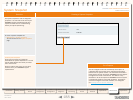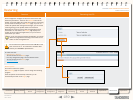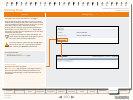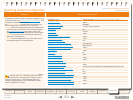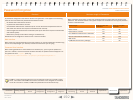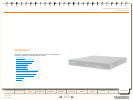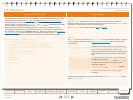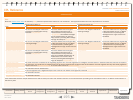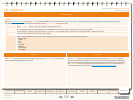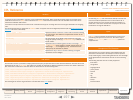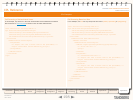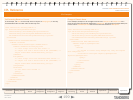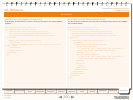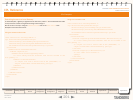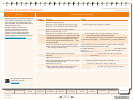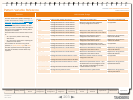
196
D14049.04
JULY 2008
Grey Headline (continued)
TANDBERG VIDEO COMMUNICATIONS SERVER
ADMINISTRATOR GUIDE
Introduction Getting Started
Overview and
Status
System
Conguration
VCS
Conguration
Zones and
Neighbors
Call
Processing
Bandwidth
Control
Firewall
Traversal
Appendices
Applications Maintenance
CPL Reference
subeld
Within the address-switch node, the optional subeld parameter species which part of the address is to be considered. The following table gives the denition of subelds for each alias type.
If a subeld is not specied for the alias type being matched then the not-present action will be taken.
address-type
Either h323 or sip, based on the type of endpoint that originated the call.
user
For URI aliases this selects the username part. For H.323 IDs it is the entire ID and for E.164 numbers it is the entire number.
host
For URI aliases this selects the domain name part. If the alias is an IP address then this subeld is the complete address in dotted decimal form.
tel
For E.164 numbers this selects the entire string of digits.
alias-type
Gives a string representation of the type of alias. The type is inferred from the format of the alias. Possible types are:
Address Type
•
Result
•
URI
•
url-ID
•
H.323 ID
•
h323-ID
•
Dialed Digits
•
dialedDigits
•
address-switch
The otherwise node will be executed if the address specied in the address-switch was found but
none of the preceding address nodes matched.
The not-present node is executed when the address specied in the address-switch was not
present in the call setup message. This form is most useful when authentication is being used.
With authentication enabled the VCS will only use authenticated aliases when running policy so
the not-present action can be used to take appropriate action when a call is received from an
unauthenticated user (see the example Call Screening of Unauthenticated Users).
otherwise not-present



